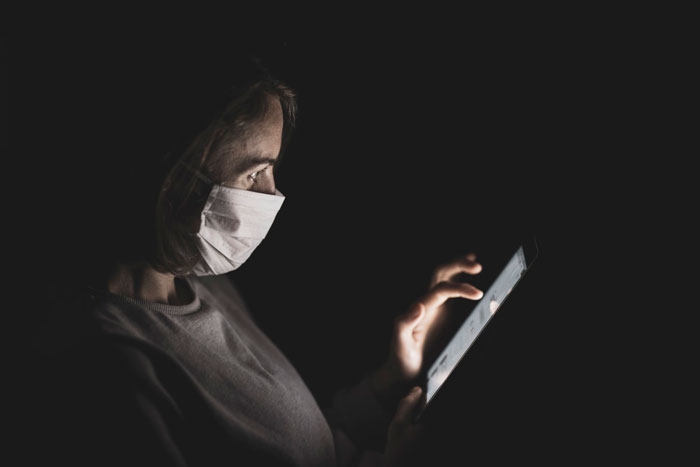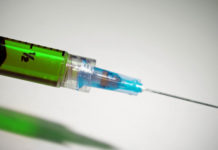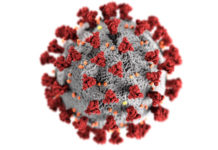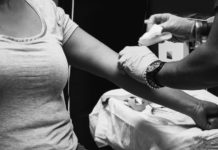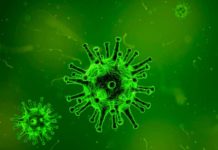The World Health Organization has declared the outbreak of coronavirus a pandemic, from which more than 170 thousand people have already died. What should citizens of the affected regions do? If the pandemic has not yet reached its peak in your area, you should definitely learn how to prepare for it. Experts advise to stock up food, medicine, and also get enough sleep.
Shortly after the coronavirus COVID-19 had appeared in China, it began to spread rapidly across the continents. WHO has announced an outbreak of the global pandemic.
Previously, Business Insider gathered expert advice on what needs to be done to prepare for the coronavirus pandemic. Tips were intended for the USA, but many of them are universal and can be interesting to other countries as well. Here’s what the experts advised.
Before the pandemic begins, you need to stock up on food and other products for two weeks. This recommendation was made by the US Department of Homeland Security. The Department also advised doing physical exercises, drinking plenty of water, and getting enough sleep.
The other tips of the department included keeping at hand copies or electronic versions of medical books about the state of health. According to a recent study by the Chinese Center for Disease Control and Prevention (CDC), coronavirus is dangerous for older people with health problems. For example, mortality from coronavirus in the patients with heart disease reaches 10%, and in patients with diabetes – about 7%.
CDC recommends washing your hands regularly with soap and using alcohol-based hand sanitizers. Experts of the Center recommend not to touch the eyes, mouth and nose. In case of the development of symptoms associated with respiratory illnesses, the CDC advises staying at home so as not to infect other people.
The specialists of the Center for Disease Control and Prevention call for avoiding trips to the countries with the highest number of cases, even if the borders are re-opened again. When returning from these countries, people with a fever, cough, or shortness of breath need to see a doctor.
CDC also recommends against using face masks. Wearing masks has never proved to be a very effective way to protect against infectious diseases, except when it comes to medical professionals.
According to virologist Ian Mackay from Queensland University, it’s best not to buy perishable foods, but rather focus on dried fruits, nuts, canned fish and vegetables, beans, coffee, cereal, and pasta. The expert said that buying products such as bread, milk, eggs and yogurt is possible only when their stocks are running out.
On his blog, Mackay also advised buying over-the-counter medicines, toilet paper, laundry detergents, and pet food. He also recommended taking a few additional products during each trip to the store.
At the same time, the virologist warned against buying unnecessary products and goods that would not be needed for two weeks. We are not talking about a zombie apocalypse scenario and most likely we will not experience interruptions in electricity or water.
Infectious disease specialist Margaret Neal of Brown University told The New York Times that people need a supply of drugs for at least one month in this situation.


